Introduction
Preparing for coding interviews can be overwhelming, especially for those just starting out or transitioning into tech. With so many resources available and concepts to cover, it is easy to feel lost. The process becomes manageable and even rewarding when approached methodically. This post outlines a clear strategy to equip you with the skills and confidence needed to excel in technical interviews.
1. Clarify Your Goals and Motivations
Before diving into study materials, ask yourself why you want to pursue this path. Are you looking for your first job as a developer, aiming to change industries, or striving for a position at a top tech company? Defining success and understanding your motivation will shape your preparation and keep you driven.
- Set specific targets (e.g., role types, preferred companies).
- Evaluate gaps in your current knowledge or experience.
- Create a timeline that aligns with your overall objectives.

2. Understand Common Interview Patterns
Coding interviews tend to focus on a standard set of problem types and skills. Knowing what to expect can make studying far more efficient. Most technical interviews evaluate:
- Problem-solving using data structures and algorithms
- Coding ability in a chosen programming language
- Communication and explanation of solutions
- System and software design (for experienced roles)
3. Use Effective Learning Resources
While countless books, online courses, and coding platforms exist, not all suit every learner. Pick one or two reputable resources to avoid distractions:
- Online coding platforms — e.g., LeetCode, HackerRank, CodeSignal
- Books — such as "Cracking the Coding Interview" for foundational knowledge
- Practice communities — forums, study groups, and online meetups
4. Break Down Problems Methodically
An organized approach transforms coding practice from guesswork into skill-building. Each time you solve a problem:
- Read and restate the problem in your own words.
- List input and output requirements.
- Draft a high-level plan before jumping into code.
- Discuss possible edge cases.
- Write the code and test thoroughly.
- Review and ask for feedback, if possible.
5. Incorporate Mock Interviews and Feedback
Simulating real interviews helps bridge the gap between theory and practice. Pair up with a peer, coach, or use online mock interview services to gain experience:
- Set a timer to mimic real interview constraints.
- Practice explaining your thought process aloud.
- Request constructive criticism to identify weaknesses.
- Rotate roles — take turns as interviewer and interviewee.
6. Polish Communication and Problem Explanation
It’s not just about finding the right answer; it’s about how you get there. Highlighting your reasoning, discussing trade-offs, and clearly announcing decisions demonstrate professionalism and insight. Communication is often as important as technical acumen.
7. Pace Yourself and Avoid Burnout
Consistency beats cramming. Design a schedule you can maintain, mixing coding practice with rest and review days. Monitor your progress, adjusting goals as needed to stay motivated without overwhelming yourself.
Comparison Table: Coding Interview Prep Methods
| Preparation Method | Pros | Cons |
|---|---|---|
| Solo Problem-Solving | Flexible, self-paced | May lack feedback |
| Pair Programming | Enhances communication, accountability | Requires scheduling with others |
| Mock Interviews | Simulates real scenarios, builds confidence | May cause anxiety |
Conclusion
No matter where you begin, success in coding interviews is built on a mix of technical skill, problem-solving structure, and clear communication. By setting goals, following a systematic plan, and practicing purposefully, you’ll be prepared to put your best foot forward in any technical interview.